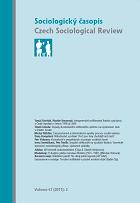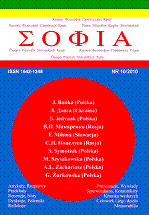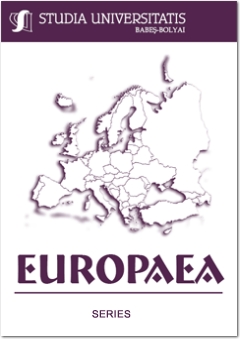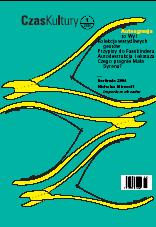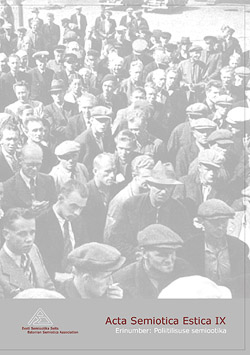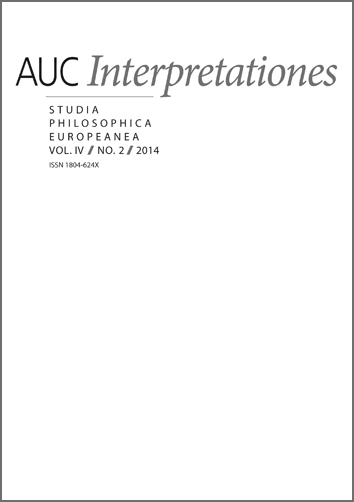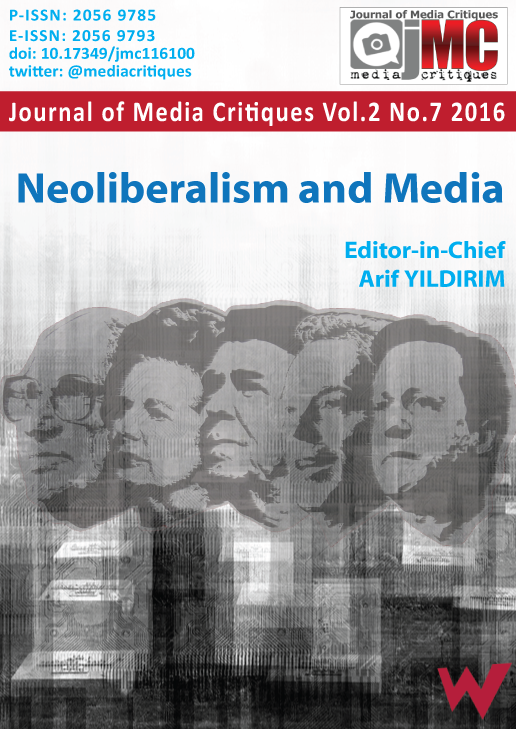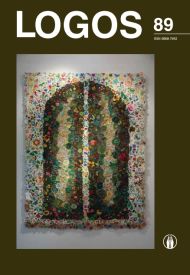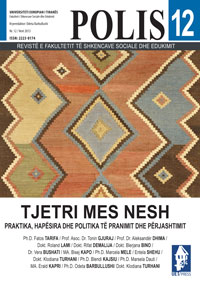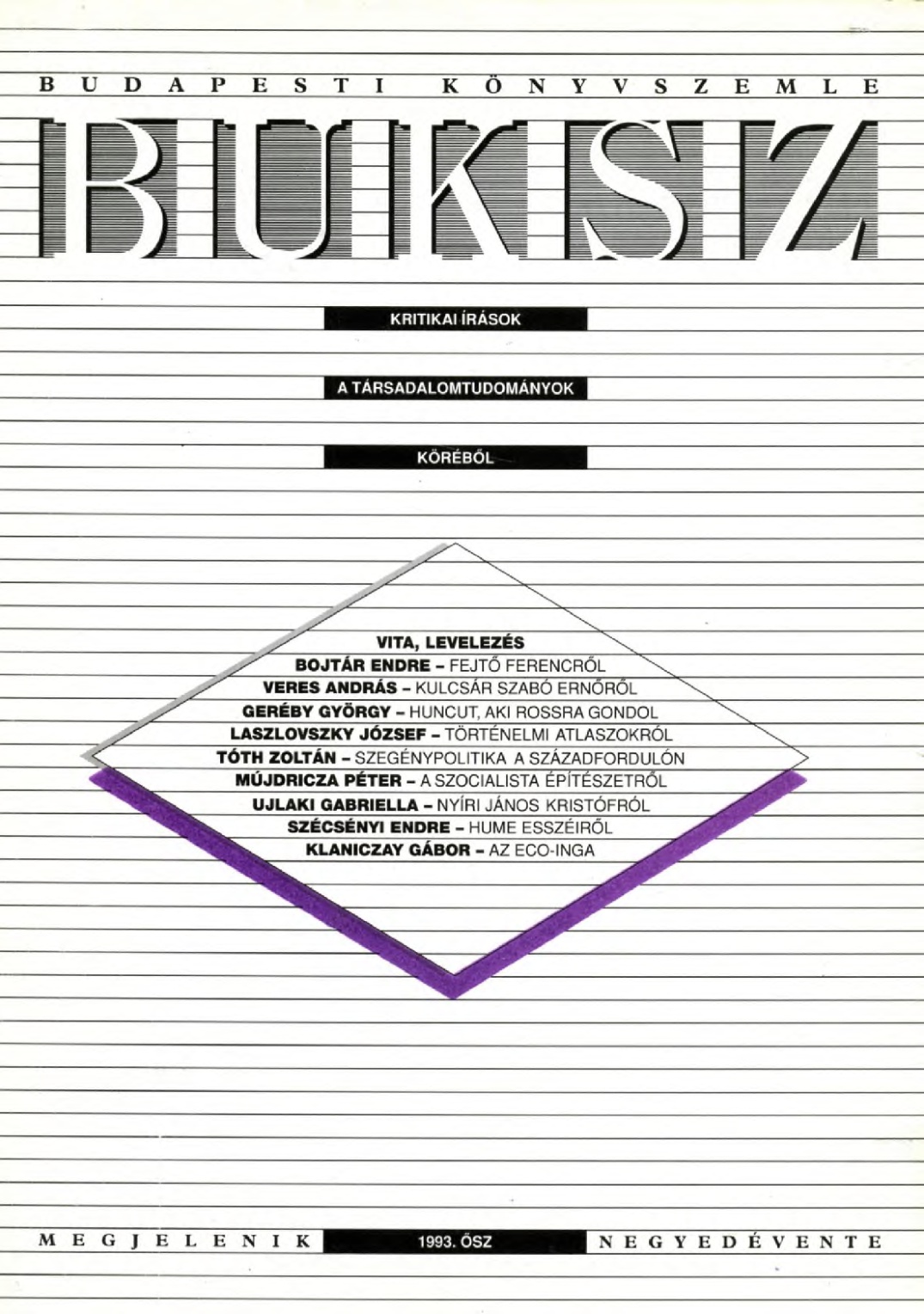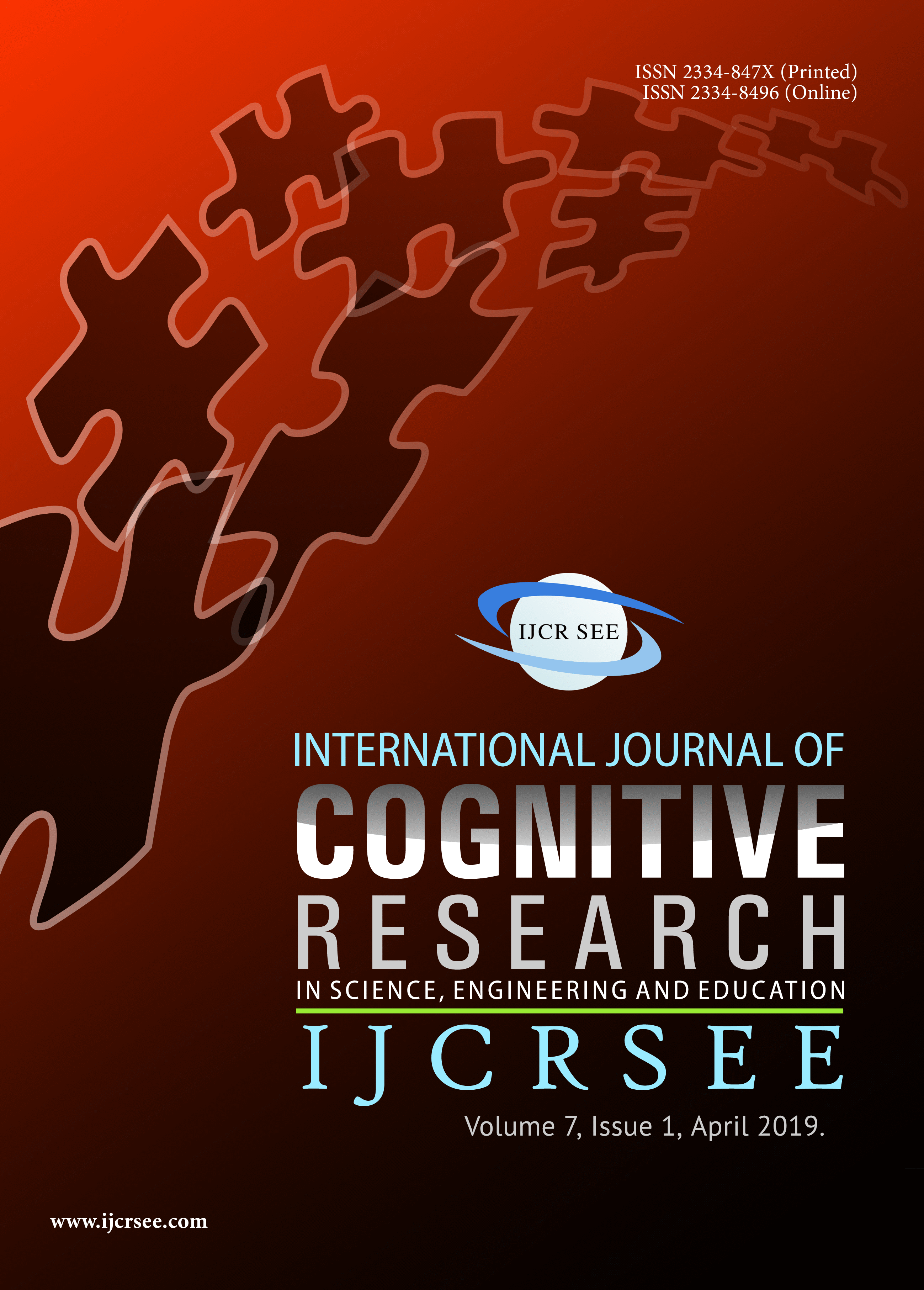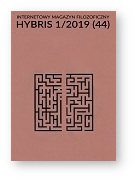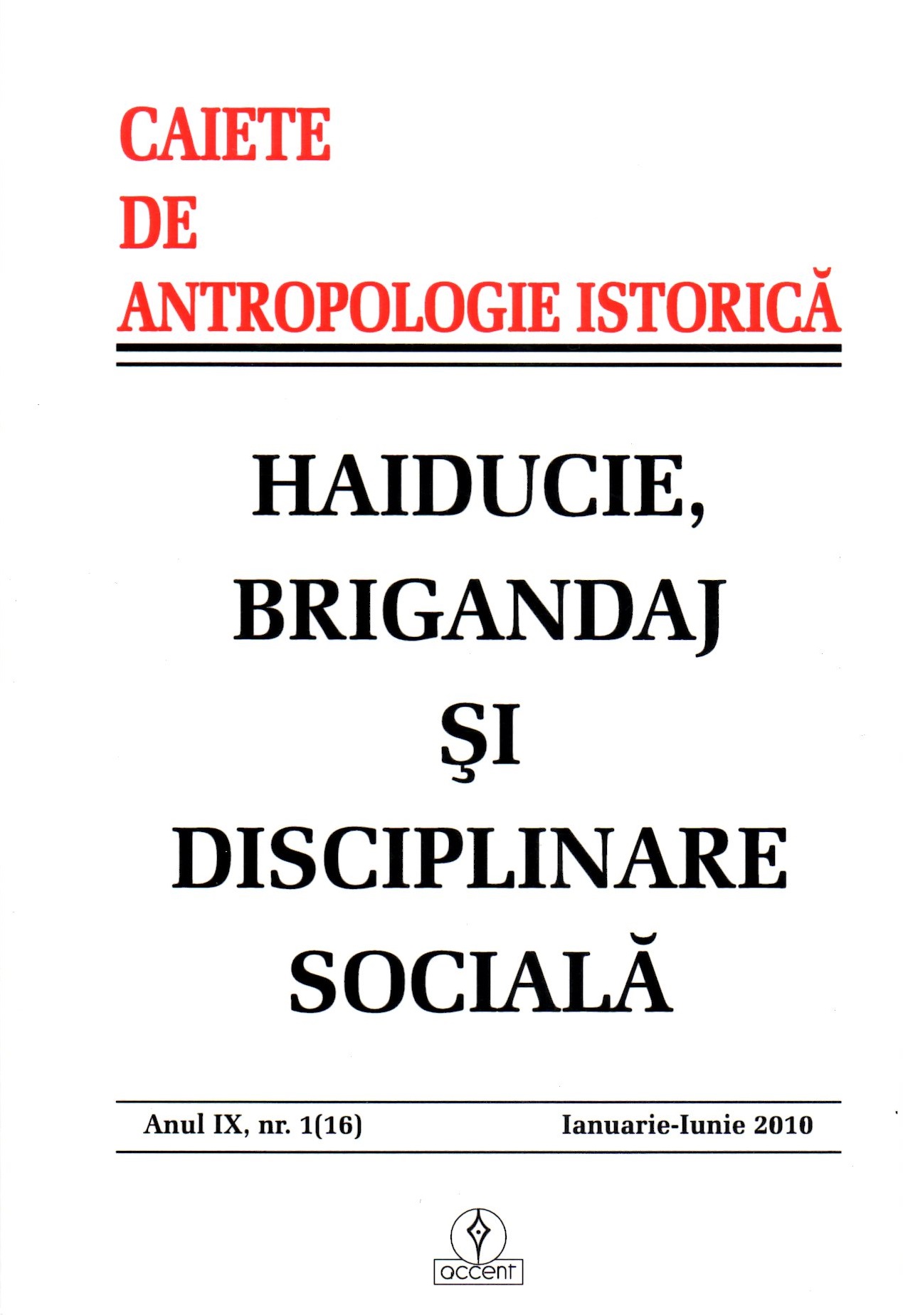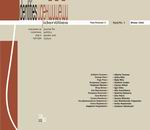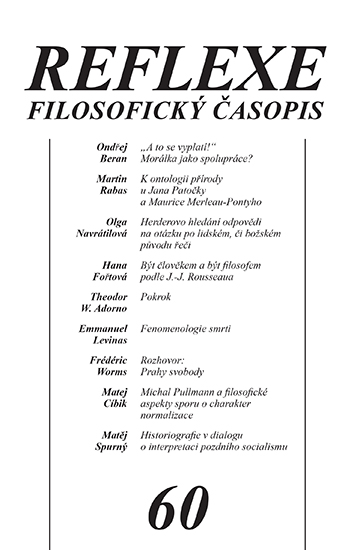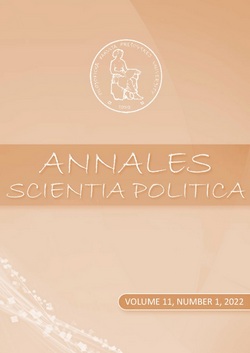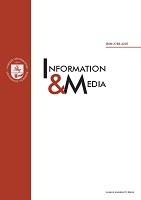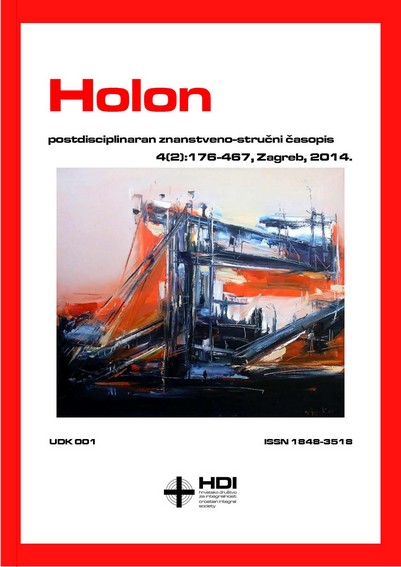
The death of nature and the birth of life in works of Michel Foucault
Smrt prirode i rađanje života u djelima Michela Foucaulta
Keywords: degeneration; diagram; Foucault; life; stratum; taxonomy
A series of transformations struck at the level of the visible and sayable during the end of the 18th and beginning of the 19th century, thus causing a complete reorganization of objects of knowledge, its concepts and conditions of possibility. This claim that Michel Foucault puts forth with his book The Order of Things serves this article as an entry point to a reconstruction of Foucault's theoretical narrative on the concepts of nature in the classical age and life in the modern era. In the context of this narrative on the death of nature and the birth of life, this article analyzes Foucault's writing on different power apparatuses and relations the European culture organized between the order of things and illness, madness, crime and sexuality.
More...
